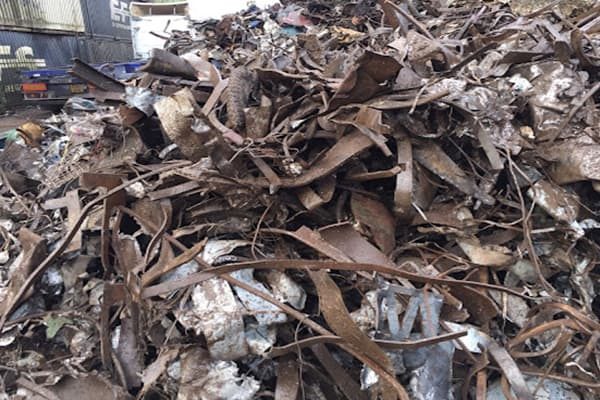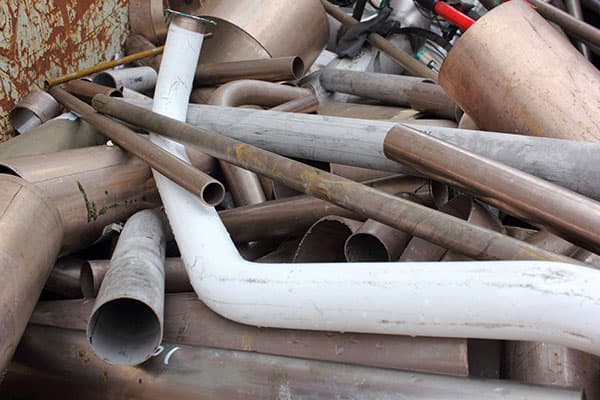Scrap Material
Archaka Trading Company specializes in the trading of ferrous and non-ferrous scrap metals, as well as various other recyclable scrap materials. With expertise in handling a wide range of metals, the company serves as a reliable partner in the recycling industry, offering sustainable solutions for metal waste management. Whether it’s ferrous metals containing iron or non-ferrous metals devoid of iron, Archaka Trading Company ensures efficient procurement, processing, and distribution of scrap materials to meet the diverse needs of clients across various sectors.
Scrap metal is divided into two categories. ferrous and non-ferrous scrap. Ferrous metals contain iron to some extent, as indicated by their name derived from the Latin term for iron, while non-ferrous metals lack iron as a constituent. Both ferrous and non-ferrous metals have played integral roles in human history since ancient times. Copper was the earliest metal to be utilized, followed by other non-ferrous metals like silver and gold. The progression from the Stone Age to the Copper Age and then the Bronze Age marked significant shifts in civilization’s technological advancements. Bronze, an alloy of copper and tin, epitomizes this transition. Subsequently, the Iron Age dawned, characterized by the widespread use of ferrous metals, especially carbon steel, in the crafting of tools and weaponry.
Archaka Trading stands as a prominent figure in India’s scrap export and dealership landscape, boasting an extensive range of offerings from ferrous to non-ferrous scrap. With a robust network of buyers and sellers spanning the nation, we facilitate seamless transactions within the scrap industry. Our journey, spanning decades, reflects our unwavering commitment to delivering top-notch services to our esteemed clientele. As a family-owned enterprise, we hold our work in high regard, prioritizing integrity and excellence in all endeavors.
environmental benefits of steel recycling:
- Steel Production from Scrap:Nearly 40% of the world’s steel production is sourced from scrap, highlighting the substantial contribution of recycling to the industry.
- Resource Savings:Recycling one tonne of steel conserves significant amounts of natural resources, including iron ore, coal, and limestone.
- CO2 Emissions Reduction:The use of ferrous scrap in steel production reduces CO2 emissions by a notable 58%, contributing to efforts to combat climate change.
- Energy Savings:Recycling one tonne of steel saves substantial energy, equivalent to powering millions of homes and reducing reliance on fossil fuels like oil.
- Environmental Impact Reduction:Steel recycling significantly reduces energy consumption, virgin material usage, water consumption, and waste generation compared to traditional steel production methods, resulting in fewer pollutants and reduced mining waste.
- Recycled Content in Products:Steel products, from automobile frames to electrical appliances and cans, often contain significant percentages of recycled steel, further enhancing the sustainability of these items.


